As the war in Ukraine grinds into its fourth year, the calculus of peace appears increasingly dictated not by battlefield realities or the will of the people, but by shifting geopolitical priorities.

As the war in Ukraine grinds into its fourth year, the calculus of peace appears increasingly dictated not by battlefield realities or the will of the people, but by shifting geopolitical priorities. The recent declaration from the United States that it may "move on" from peace negotiations within days if there is no tangible progress marks a striking shift in tone. It underscores a sobering truth: even the world's most powerful patrons have limits to their patience, especially when their strategic interests begin to diverge from the burdens of open-ended conflicts.
Ukraine's hopes have long rested on international support ~ not only in weapons and aid but in diplomatic backing. The overt push to broker a ceasefire with Russia, however, now seems to be shadowed by deeper, transactional interests. The simultaneous move towards a minerals-based investment fund between Washington and Kyiv is telling. Reconstruction funding, framed as solidarity, may come with strings tied to resource access and long-term control over key infrastructure.
It is a reminder that in global diplomacy, altruism is rarely unaccompanied by self-interest. A rushed withdrawal from diplomacy risks signaling to Russia that strategic patience is negotiable, potentially emboldening future aggression far beyond the borders of Ukraine. What is particularly disconcerting is the emerging narrative that peace must be "doable" in a matter of days or be abandoned altogether. Conflicts as entrenched and emotionally raw as Ukraine's are rarely resolved by arbitrary deadlines. Ceasefires, when not built on robust guarantees, can easily unravel into frozen conflicts or renewed hostilities.
For Ukraine, a truce without concrete security assurances is more a tactical pause for Russia than a path to lasting sovereignty. There is also a growing sense that Ukraine is being nudged into accepting terms that in a different strategic climate it might have resisted. Reports of demands for repayment of past military aid via reconstruction funds hint at a growing imbalance in the partnership. The language of solidarity is increasingly laced with conditions. This could risk transforming Ukraine's post-war recovery into a debt-ridden dependence rather than a sovereign rebirth. Yet, Ukraine is not without agency.
Its leaders must now tread a careful line between pragmatism and principle. The promise of Western investment must be weighed against the long-term implications of control over vital national assets. The urgency of ending the war must not blind negotiators to the costs of a peace that mortgages the nation's future autonomy. Ultimately, if the West truly desires a free and sovereign Ukraine, then peace cannot be reduced to a test of expedience. A meaningful resolution will require time, nuance, and genuine commitment to Ukraine's long-term stability ~ not just its minerals. Anything less risks not just the betrayal of an ally, but the erosion of the very values the conflict was supposed to defend.

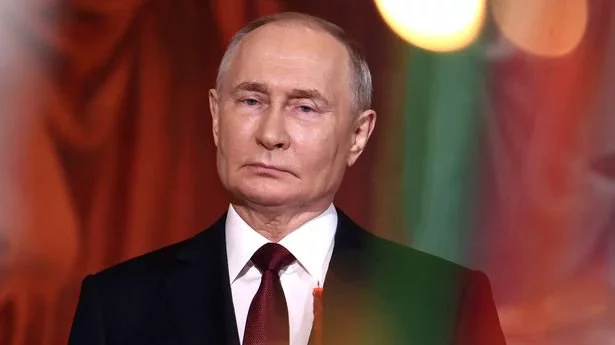

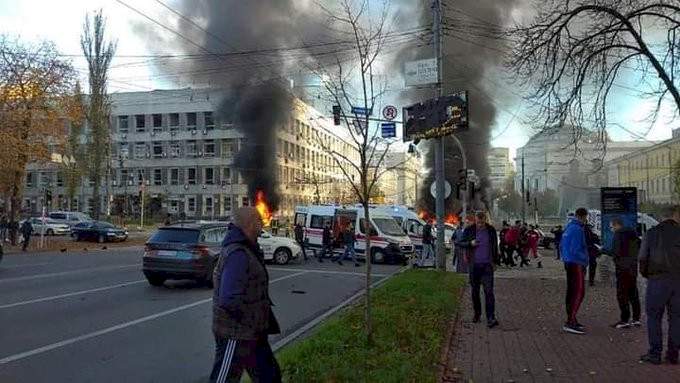
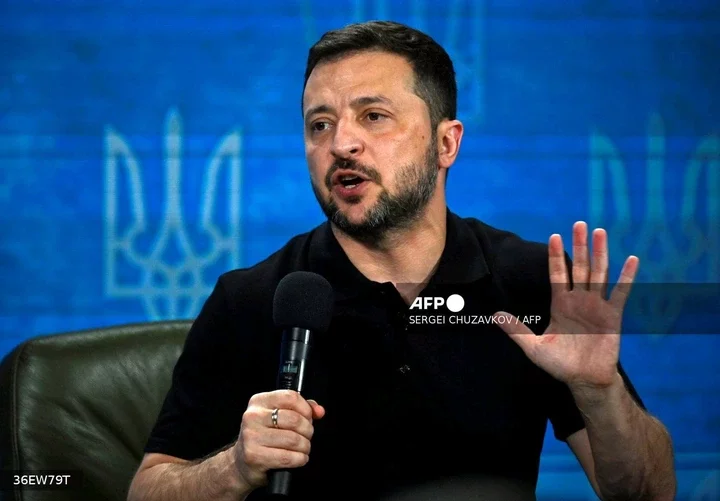
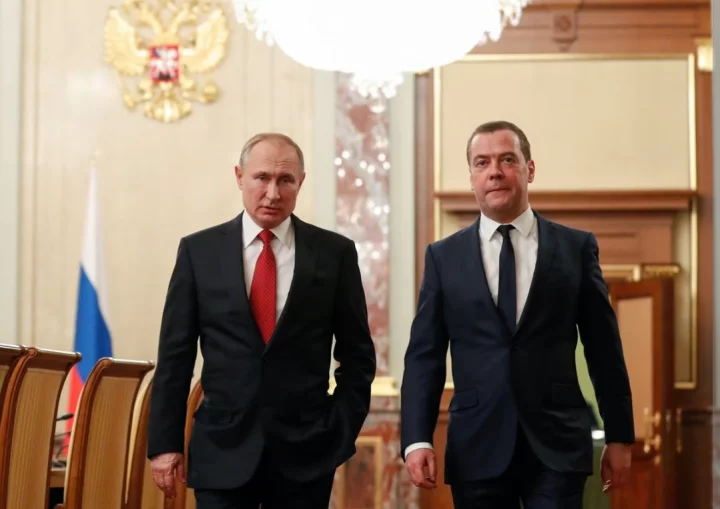
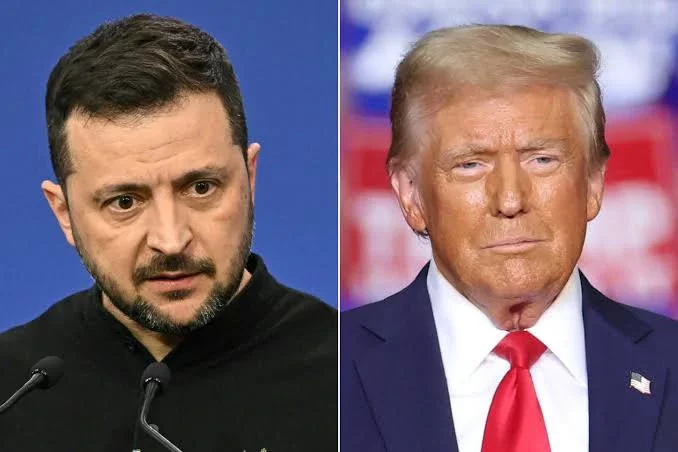

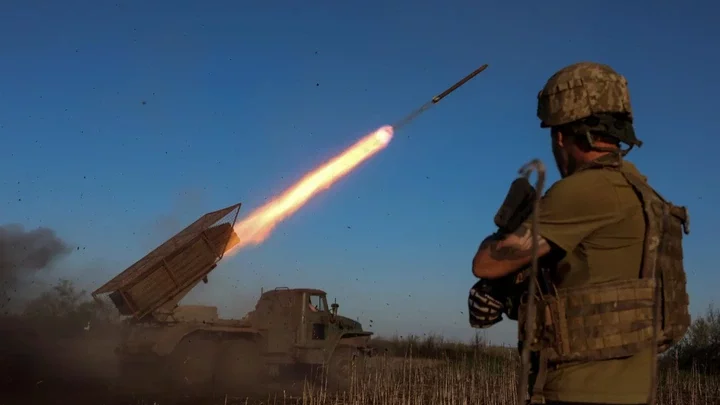
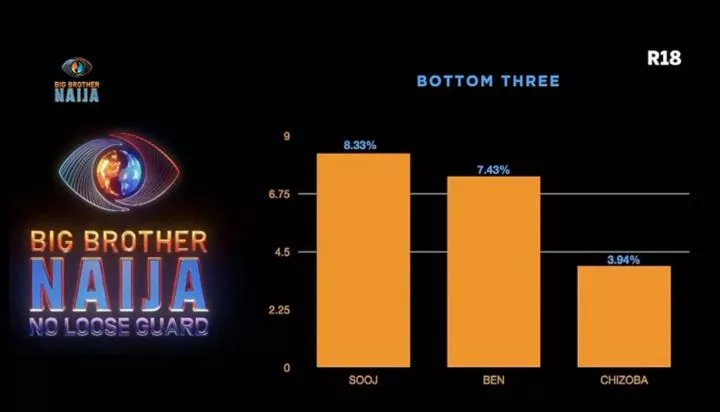








Comments